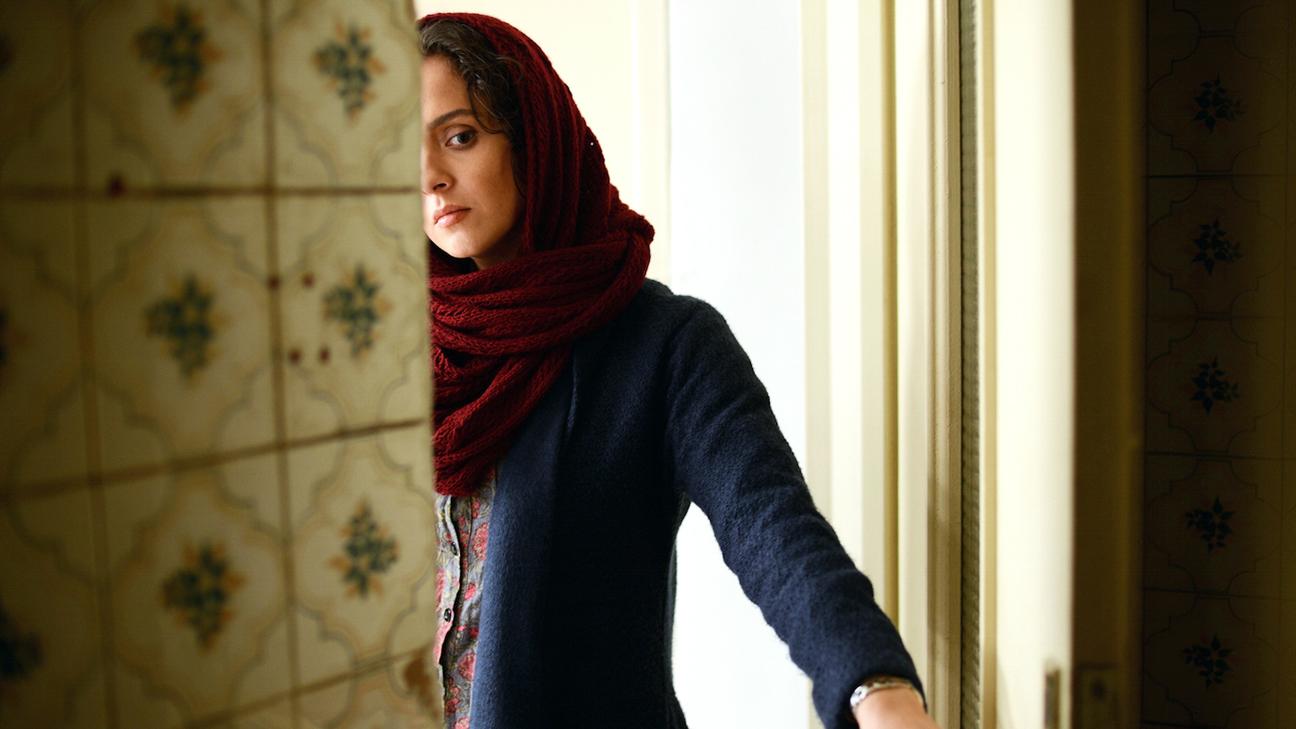The Salesman review: Asghar Farhadi's Oscar-winning film makes the domestic feel epic
In Farhadi’s universe, ambiguity reigns. The villains turn out to be vulnerable and strangely sympathetic while the heroes are capable of extraordinary viciousness

“You fake! You phoney little fake!” Biff Loman screams at his father, the salesman Willy Loman, at a crucial point in Arthur Miller’s play, Death Of A Salesman. Willy has been having an adulterous affair and Biff, the son who reveres him, is devastated to learn about it. Their relationship can never be repaired.
It’s a surprise to find a classic post-war play by a Jewish-American playwright at the centre of a new Iranian film. Asghar Farhadi’s The Salesman, which recently won the Oscar for Best Foreign Language feature, is about a school teacher and actor, Emad Etesami (Shahab Hosseini) directing and starring in a production of Miller’s Death Of A Salesman at a time of unexpected upheaval in his domestic life.
Farhadi is far too sly and subtle a filmmaker to draw the parallels between Emad and Willy Loman in too obvious a fashion. Nonetheless, what gives the film a searing emotional impact is the way it exposes the hidden flaws in its main character.
Emad seems reliable and likeable. In the classroom with his literature students, he has a natural authority. He doesn’t patronise them. They respect him and hold him in affection. At rehearsals, there is the same mood of calm. Even when he and his wife Rana (Taraneh Alidoosti) have to flee their damaged apartment after what appears to be an earthquake, he doesn’t panic. He is the first to help others. Thanks to a stage colleague, they quickly find a new apartment and life appears to carry on as normal.
One of the points about The Salesman is that what starts as a little crack can bring a whole building down. Something about their new apartment bothers Emad and Rana. The previous tenant’s possessions are all still there, her shoes and clothes. What they learn about her unsettles them. She had a lot of “visitors”, which is a polite way of saying she may have been a prostitute.
In bizarre circumstances, when Emad is briefly out of the apartment and Rana is having a shower, an intruder gets in and assaults her. Emad is full of righteous indignation and determined to track down the aggressor.
The Salesman is structured like a thriller, albeit a low key and downbeat one. Emad is the self-appointed detective, looking for clues about his wife’s attacker. He finds car keys, a phone, a truck. The irony is that in the course of his investigations, it’s his own character flaws which emerge. He is relentless and vindictive. His manner changes.
Whether at home or in the classroom or at the theatre, he now always seems to be on edge, his brow furrowed. He won’t go to the police. He is not sure whether the neighbours are allies or antagonists. He doesn’t know whether he is taking the assault too seriously or not seriously enough. He is trying to help his wife but his actions risk alienating her.

It’s a characteristic of many Iranian films that small-scale domestic incidents can take on an epic quality. In Jafar Panahi’s allegorical The White Balloon (1995), for example, an entire feature film hinges on a seven-year-old kid’s quest to buy a goldfish. Here, the mood is darker but there is the same relentless focus on a single goal.

Watch Apple TV+ free for 7 day
New subscribers only. £9.99/mo. after free trial. Plan auto-renews until cancelled.
ADVERTISEMENT. If you sign up to this service we will earn commission. This revenue helps to fund journalism across The Independent.

Watch Apple TV+ free for 7 day
New subscribers only. £9.99/mo. after free trial. Plan auto-renews until cancelled.
ADVERTISEMENT. If you sign up to this service we will earn commission. This revenue helps to fund journalism across The Independent.
Between the sequences of Emad doing his sleuthing work, there are scenes of him back in the theatre with Rana (who plays Willy Loman’s wife Linda) performing Death Of A Salesman.
Farhadi didn’t attend the Oscars as a protest against US President Trump’s travel ban stopping citizens from seven Muslim-majority countries from entering the US. However, by winning two Academy Awards in the space of five years (the first was for A Separation in 2012), he has already done a considerable amount for Iranian/US relations.
The Salesman is shot in the director’s familiar realist fashion, with long takes and naturalistic performances. Farhadi focuses on what seem like banal everyday moments – negotiations over rent, shopping for groceries or bread, conversations on cell phones – but gradually gives us a far more nuanced view of his characters and their motivations than we would get in a more conventional film.
Shahab Hosseini is superb here as the tormented husband who feels the same powerlessness and sense of frustration as Willy Loman in Miller’s play. He seems sympathetic one moment and wantonly cruel the next. Taraneh Alidoosti is also very affecting as the traumatised wife, trying to make sense of an act of what appears to be random brutality.
In Farhadi’s universe, ambiguity reigns. The villains turn out to be vulnerable and strangely sympathetic while the heroes are capable of extraordinary viciousness. What is also apparent is how little they understand one another. Everyone is capable of duplicity. Husbands and wives who lived together for years are baffled by one another’s behaviour as they discover that, in extreme circumstances, they’re simply no longer able to communicate with one another.
The Salesman hits UK cinemas 17 March.
Join our commenting forum
Join thought-provoking conversations, follow other Independent readers and see their replies
Comments